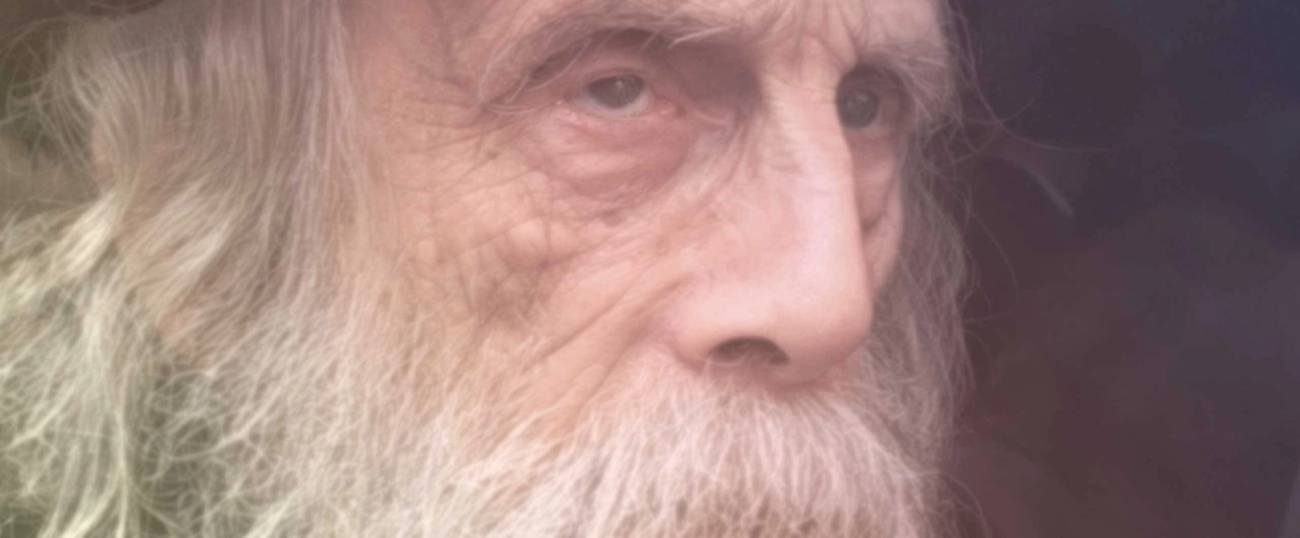The Gift of the Mishnah
The Gift of the Mishnah
For the first time in English, a short story by the Yiddish master, in which 19th-century Hasidism meets its radical grandchildren in the 20th
TABLET MAGAZINE - JULY 23, 2017
Tablet Top Ten: An entirely subjective list, presented in no particular order, of our 10 favorite articles from Tablet’s Arts & Culture and News & Politics sections in 2017. “Favorite” here means somewhere at the nexus of these pieces’ intrinsic merits and the measurable ways that readers engaged with them. If you caught them when they came out, they bear re-reading. If you missed them, you’re in for a treat. Today, two discoveries: a lost story by Isaac Bashevis Singer, and the surprising origins of Walt Whitman’s ‘Leaves of Grass.’
***
The outer door was constantly opening and closing; young men and women kept coming in or leaving. Naphtali’s orphaned children had turned the house into a den for the wicked. Seated in a shaky armchair before a rickety table near the stove old Reb Israel Walden, wearing an oversized garment with ritual fringes and a skull cap, was drinking unsweetened tea and poring over a tractate of the Mishnah. This was his corner, from which no one could oust him. On a shelf to the left were Reb Israel’s volumes of Holy Books, a legacy from the old days: a set of the Five Books of Moses with the Light of Life commentary, copies of the Mishnah, tomes of the Generations of Jacob Joseph, the Beginning of Wisdom, and several Talmudic tractates. Indeed, how much does one need? One could fulfill the obligation to study Jewish scripture merely by regularly repeating a single sentence of the Bible.
In this non-kosher house, Reb Israel partook only of bread and tea, which he brewed in his own teapot on the small gas-stove. Occasionally, Basheleh, his granddaughter, would buy him herring and an onion or a radish. On the Sabbath and other festival days, the old man attended services at the Sochatchover Study House whose beadle, Reb Wolf, would then invite him to his home as a guest.
Now and then, Reb Israel would raise his bushy eyebrows and stare at the rest of the household, although he was aware that such peering was a sin, for it is forbidden to gaze upon the countenance of the sinners. However, he was afflicted with cataracts, and his vision was blurred. A mist seemed to envelope the sofa, the table, the clothes closet, the bareheaded good-for-nothing boys, the girls smoking with utter shamelessness. They laughed, smoked, recited poetry, played cards—activities intended as a cover, in case of a raid by the police. Their actual interest was in holding political sessions that took care of all the world’s ills. Reb Israel would catch snatches of their discussion: regional committee, central committee, rightists, leftists, Trotskyites, functionaries, comintern. He could not quite make out all these terms, but their intent was all too evident: to overthrow the government, launch here in Poland the same insurrection as had already taken place in Russia, shut down the Study Houses, ban commerce, hold kangaroo courts for merchants and manufacturers, and jail the rabbis. And who were the leaders of these rebels? None other than Reb Israel’s own grandchildren: Basheleh, named after her virtuous grandmother Basya Kaila, and Asher Hayim, named after the Rabbi of Josefov.


